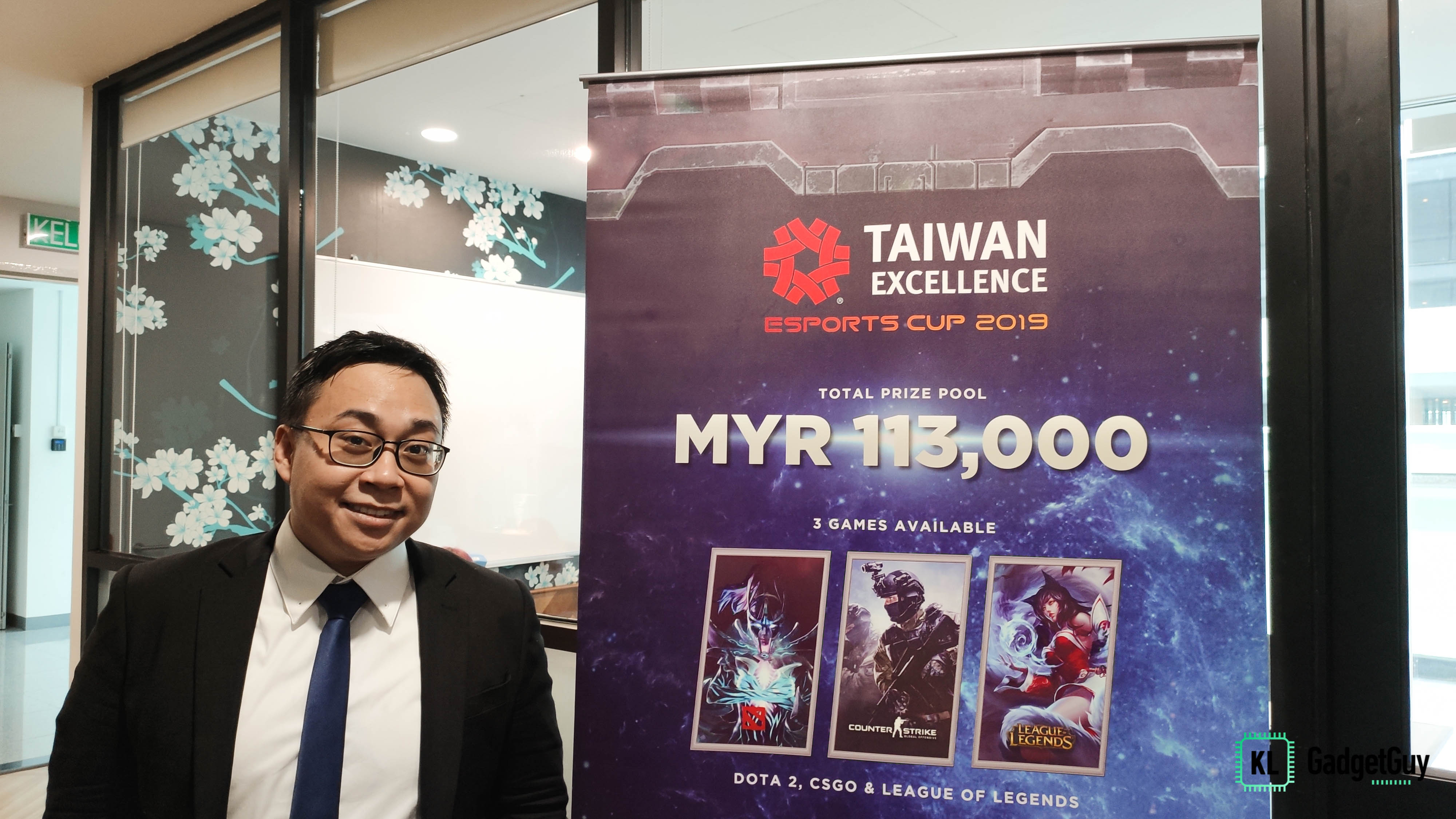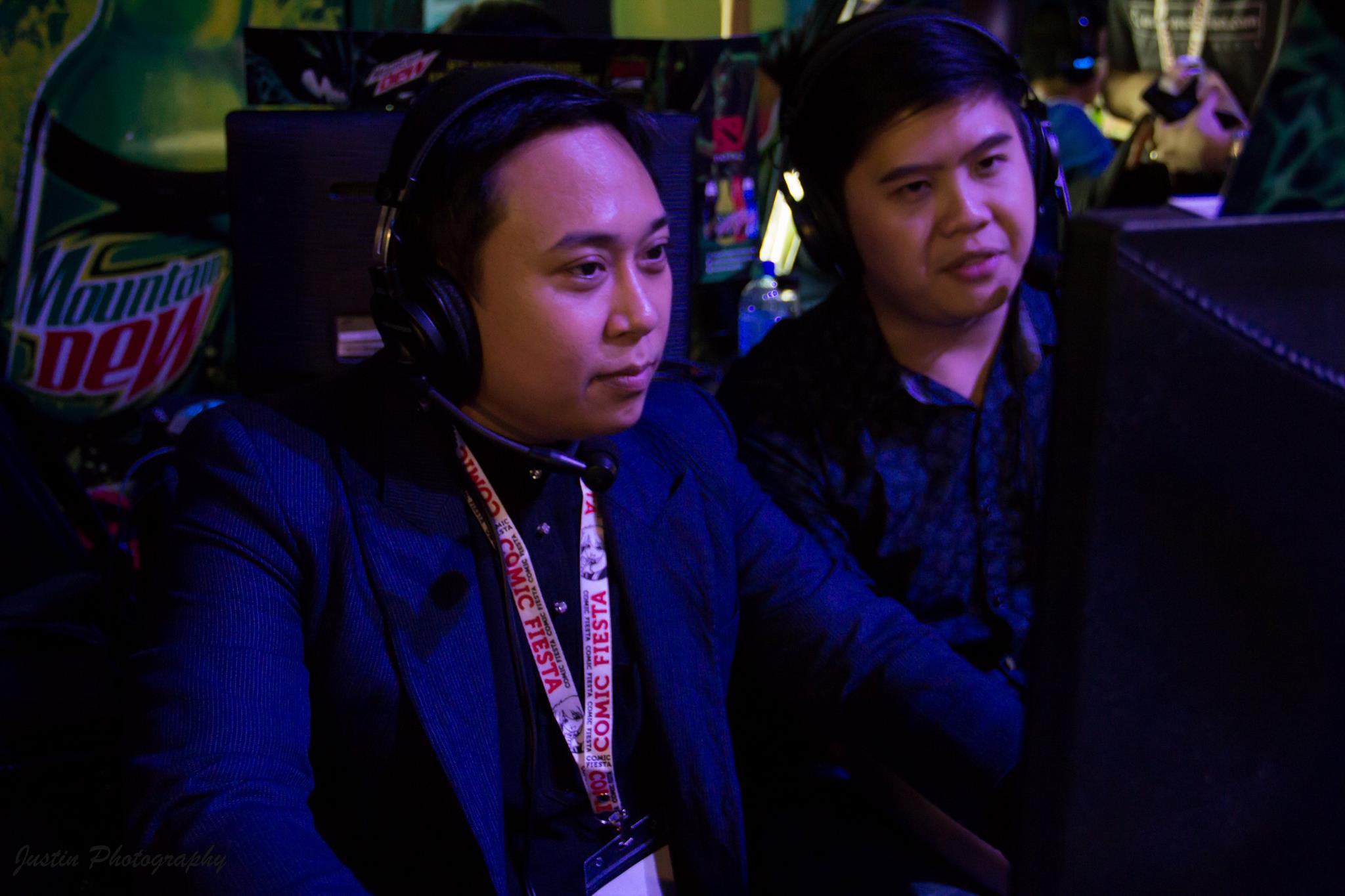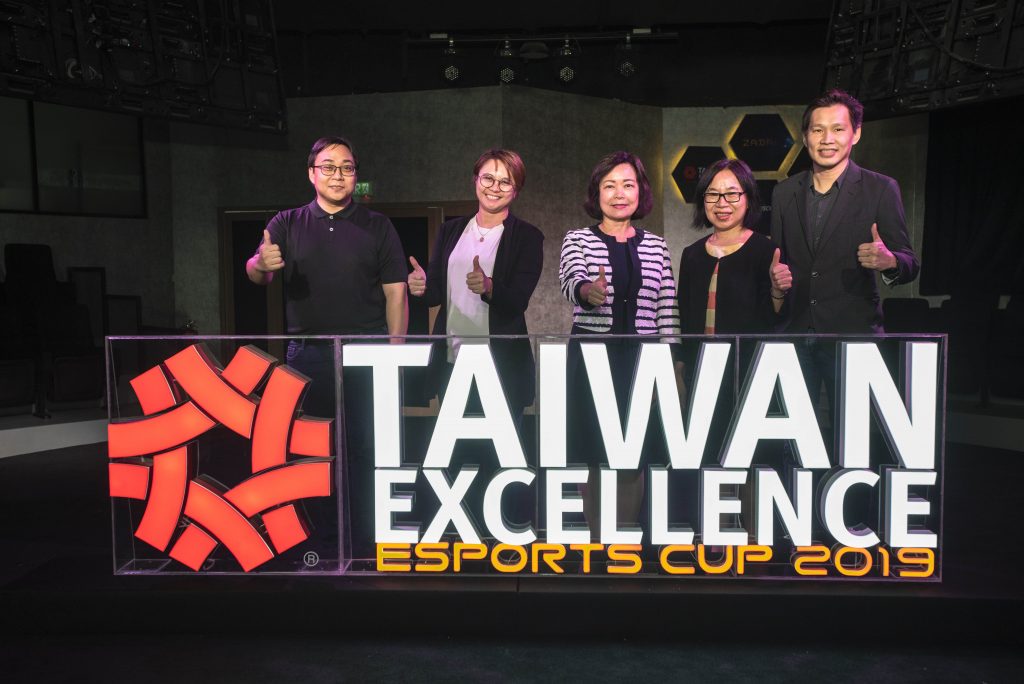If you told me seven years ago, that video games would spawn a whole other industry where gamers become athletes, and bragging rights turn into lump sums of cash – 18-year-old me would’ve asked you what you were smoking, and if I could take a hit.
Many years on, competitive gaming has gone from being a scene to becoming a multi-billion-dollar industry, where the best at their game (pun intended) walk away with millions.
That’s how far video games and the e-sports arena have come; but where do we, Malaysia, stand in the grand scale of things? In conjunction with the Taiwan Excellence Esports Cup 2019 (TEEC 2019), I spoke to two prominent figures in the local scene – Muhammad ‘Flava’ Farouq and Tiffani ‘Babyoling’ Lim – to get their thoughts on the matter.

Muhammad ‘Flava’ Farouq
Speaking to Farouq about Malaysia’s position in the very lucrative e-sports industry, he believes that Malaysia has become big-game players in e-sports, recalling a time where he was the country’s only caster for Dota 2. Casting was very much a niche in the region too.

Image credit: Muhammad ‘Flava’ Farouq
Six years on, he’s gone on to be Chief of Information for Esports Malaysia (ESM), while casters are a dime a dozen. The industry in Malaysia has come so far that at least one major Dota 2 tournament is held per month, each with RM50,000 prize pools – minimum. Sounds like a happy ending, no?
Not quite – Farouq also points out that there’s still some pessimism when in the perception of competitive gaming; part in due to its roots to traditional gaming. He adds that his parents still haven’t truly accepted his career choice in the industry. “In a family where everyone’s either a doctor or an accountant, it was hard for my parents to understand what I do in e-sports,” he says.
Tiffani ‘Babyoling’ Lim
Tiffani, Head of Esports and Events at Battle Arena, agrees as well that there are stigmas associated with the industry due to its roots formed from our local cyber café culture (if you’re old enough, you’d remember a time when police raids happened regularly at these joints – I know I do). At the same time however, the same cyber café culture has bred a generation that enjoys competitive gaming – Tiffani cites old clan or turf wars as early forms of competitive gaming that has embed a competitive spirit in today’s Malaysian athletes (e-sports athletes that is).
Those we see representing the nation now or not long ago – the likes of Mushi, MidOne, Kaze and more – are what you’d call the first-generation athletes. Here’s where we bring TEEC 2019 into the discussion – TEEC aims to provide a platform for a new generation of gamers to ascend to athlete status by providing proper tournament like ecosystems.
With a prize pool of RM113,000 the ongoing tournament features several titles like CS:GO, PES 2019, Dota 2, League of Legends and more.
From here, we also look forward to the SEA Games this year where e-sports will be included as one of the medal sports; and with this this, ESM serves to support the development of the sport in the country, to breed proper professionals, in preparation for occasions like the upcoming SEA Games.
Image credit: Flight of the Valkyries
On the topic of inclusion, I spoke to Tiffani about gender-specific tournaments and the need for them, since e-sports eliminates biological differences between male and female, giving both parties equal footing to compete. But gender-specific tournaments are important says Tiffani – mostly due to a certain level of discrimination against women, in a predominantly male industry.
She elaborates that female-only tournaments give women a platform to showcase their talents – along with opportunities for organizations to signify their support for the female gaming scene by way of sponsorships. This is crucial as Tiffani made aware to me that many female-gamers are told to take on ‘influencer’-slash-streamer-slash-pretty face roles in the industry, and not actually compete in tournaments – Tiffani recalls a time when organizations would refuse sponsor opportunities for this fact, in hopes that they can maximise return on investments by selling the players’ looks.
“I can’t pay the bills with merchandise and gaming peripherals!”
Tiffani organized the Flight of the Valkyries all-female tournament partly to help remedy this issue – the inaugural tournament took place earlier this year with a prize pool of RM20,000 – a much larger pot of gold than what typically is handed out as prizes for female tournaments, which Tiffani recalls as non-monetary items like merchandize. She says, “I have a stash at home of all the prizes that I’ve won – I can’t pay the bills with merchandise and gaming peripherals!”.
Image credit: Flight of the Valkyries
Here’s where TEEC comes in, it gives exposure to both genders from across the nation to explore e-sports without discrimination, stigma and sneer – along the lines, maybe even inspire the rise of more careers in the field.
Image credit: The Gameplan
The TEEC 2019 tournament is underway, and the local finals will happen at Berjaya Times Square this October 11-13 where participants will battle it out for grand prize worth a total of RM113,000; and CS:GO winners even get a chance to participate in their own grand finale in Taiwan.

